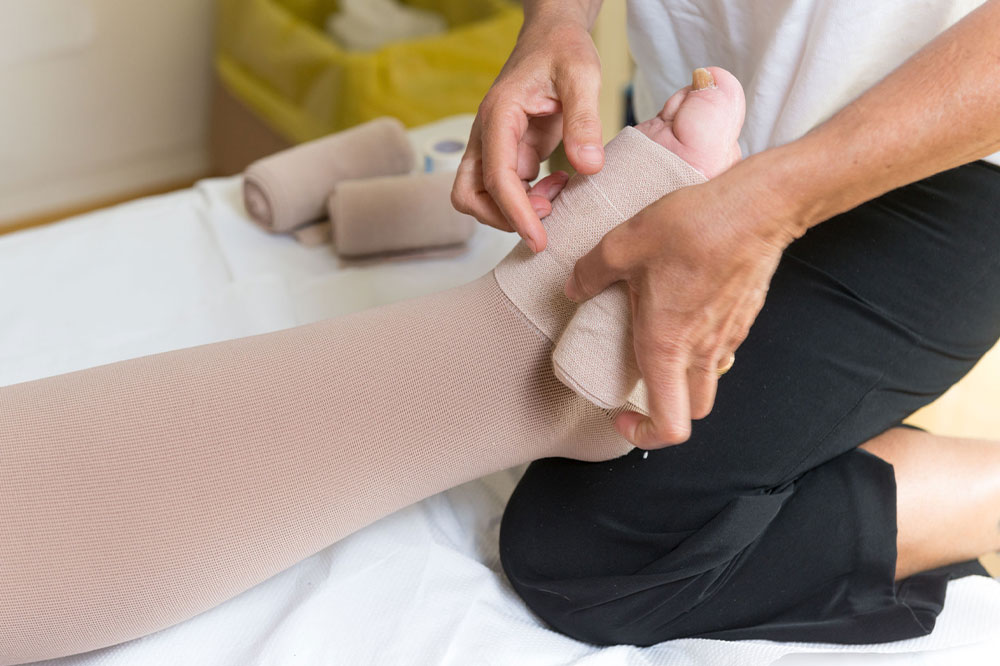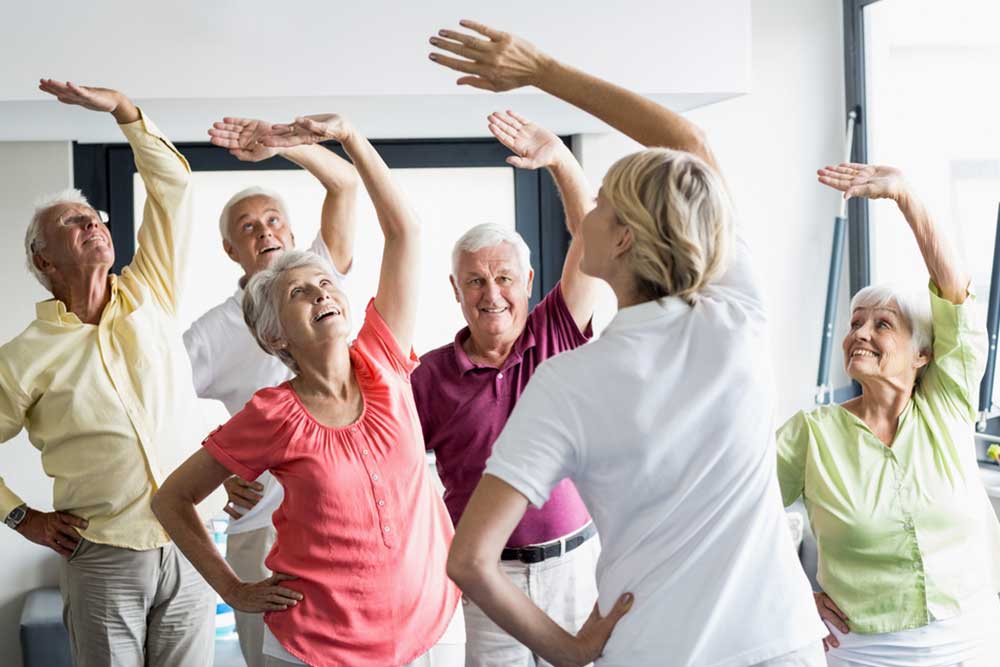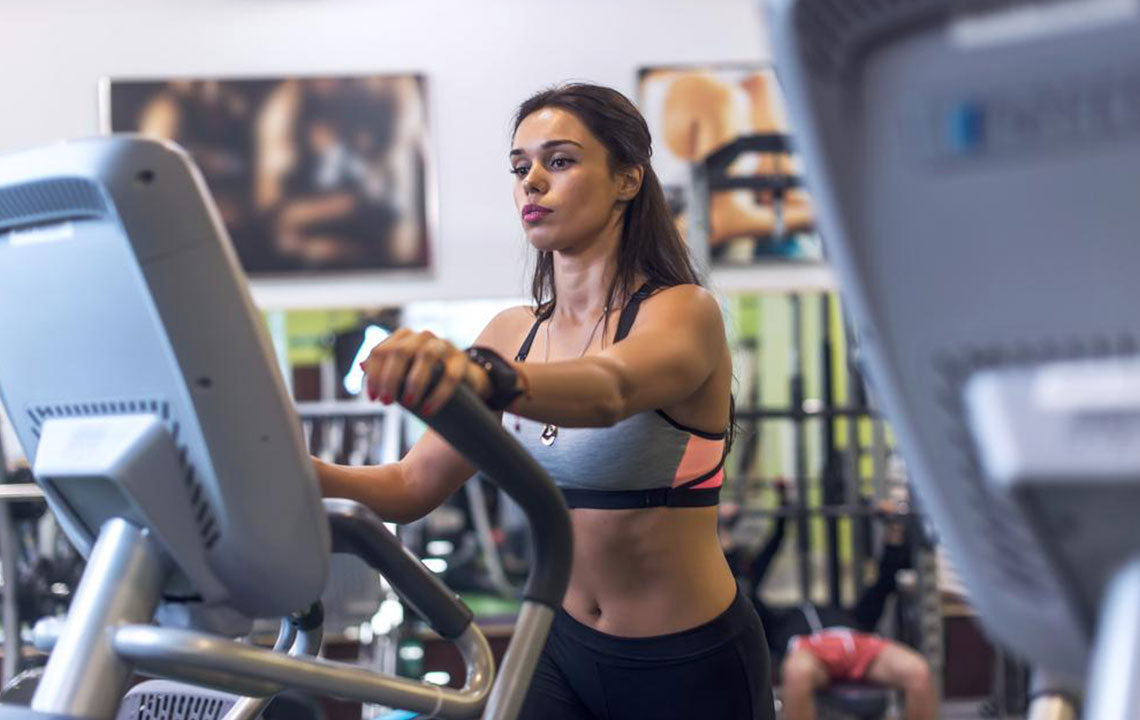Senior Fitness Guide: Staying Active as You Age
This guide emphasizes the importance of staying active in later years, offering practical tips tailored for seniors. Regular exercise enhances physical and mental health, improves balance, and delays age-related ailments. It suggests starting with simple routines, consulting healthcare providers, and maintaining motivation by setting achievable goals. Partnering with friends or family can boost consistency. Prioritize warm-up, hydration, and listening to your body to avoid injuries. Embracing regular activity promotes a healthier, more vibrant aging process while supporting overall well-being.

Senior Fitness Guide: Staying Active as You Age
Engaging in daily physical activity is vital for individuals at any age. Regular exercise not only enhances bodily health but also boosts mental well-being. Physical activity stimulates the production of neurotransmitters like serotonin, endorphins, dopamine, and oxytocin, which elevate mood and foster motivation.
With advancing age, susceptibility to various health issues increases, and habits often shift toward a more sedentary lifestyle. Moving slowly, due to health concerns or chronic discomfort, makes exercise essential for delaying age-related diseases and managing blood pressure, blood sugar, and cholesterol.
This approach significantly contributes to overall well-being.
Why staying active matters in later years
Assists in weight management or loss
Boosts metabolism and muscle strength
Enhances posture, flexibility, and balance
Strengthens immune defense
Improves sleep quality
Uplifts mood and increases energy
Reduces stress and anxiety
Helps prevent cognitive decline and memory issues
Effective exercise tips for seniors
Starting an exercise routine later in life is never too late. Here are key recommendations for seniors interested in staying active:
Consult with a healthcare professional before beginning any new physical activity, especially if you have existing health conditions.
Plan your workouts around medication schedules and meal times for better consistency.
Focus on routines that build stamina, improve flexibility, and enhance balance using simple cardio, core, and stretching exercises.
Practicing yoga or tai chi can be particularly beneficial for overall health.
Start with short sessions, around 10 to 15 minutes, and gradually extend to 30-40 minutes as endurance improves.
Avoid pushing into pain; stop exercising if you experience joint discomfort, dizziness, or weakness.
If chest pain, cold sweat, or breathlessness occurs, pause your activity and seek medical advice.
Always warm-up before exercising and cool down afterward to prevent injuries.
Keep water nearby to stay hydrated.
Maintaining motivation can be challenging; commit to a regular routine for at least 3-4 weeks to cultivate the habit.
Be adaptable—illness, weather, or injury may disrupt plans. Use short-term goals to stay motivated.
Partnering with family or friends can increase motivation and accountability.
Note:
The information provided on this platform covers a variety of topics intended to be helpful and informative. While our research aims to provide accurate insights, readers should consult healthcare providers for personalized advice. We are not responsible for inconsistencies or errors across different sources. Also, some special schemes or offers might not be included here but could be more advantageous for individuals.










